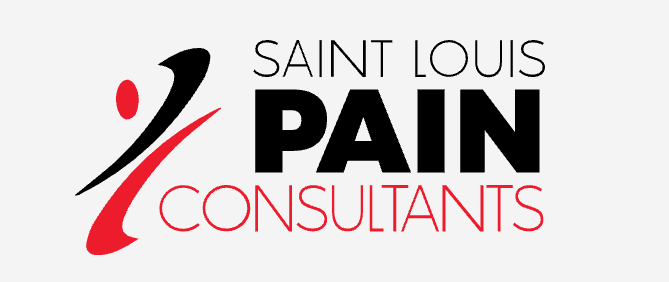Pain management requires a comprehensive approach to address the physical, emotional, and psychological aspects of pain. From medication to physical therapy, various solutions are available to help manage pain effectively. Understanding the underlying cause of the pain can help determine the appropriate treatment plan. Here are some of the common pain management solutions:
Facet Injections
Facet injections are pain management solutions used to treat pain in the joints. This treatment focuses on specific joints causing pain due to inflammation or arthritis. The procedure involves injecting a local anesthetic and a steroid directly into the affected joint. The local anesthetic can provide relief, while the steroid helps reduce inflammation.
Facet injections can manage various types of pain, including neck, back, hip, and shoulder pain. They are also effective in treating degenerative disc disease, spinal stenosis, and joint inflammation. The benefits of facet injections include targeted pain relief, reduced inflammation, and improved mobility. These injections can also be a helpful tool in identifying the specific source of pain and are usually administered by a trained medical professional, such as an anesthesiologist.
DRG Stimulation
Dorsal root ganglion stimulation, or DRG stimulation, involves using a small device that delivers electrical impulses to the dorsal root ganglion to manage nerve-related pain. DRG stimulators do this by interrupting the pain signals before they reach the brain. This can provide pain relief without causing numbness or tingling sensations in the body. DRG stimulation may be an effective treatment option If you are experiencing focal nerve pain.
Spinal Cord Stimulator
Spinal cord stimulation (SCS) is a non-invasive procedure involving electrical impulses to help manage chronic pain. It delivers low-level electrical signals to the spinal cord, which can interfere with pain signals and provide relief. SCS is often used for conditions such as failed back surgery syndrome, complex regional pain syndrome, and neuropathic pain. It can also benefit patients who cannot undergo surgery or other invasive procedures. You can also find some pain management strategies for LSS here, if this is something you are dealing with.
Medication
Medications are often the first line of treatment for managing pain. They can help relieve pain and improve the quality of life for individuals experiencing chronic or acute pain. Over-the-counter medications such as non-steroidal anti-inflammatory drugs and acetaminophen can help relieve mild to moderate pain. For more severe pain, doctors may prescribe prescription painkillers. Use these medications as directed and under the supervision of a healthcare professional to avoid potential side effects and abuse.
Radiofrequency Ablation
Radiofrequency ablation is a thermal technique that uses an electrical current to heat up and destroy tissues in a specific body area. It is used to treat pain conditions such as arthritis, back pain, and neck pain. Radiofrequency ablation can relieve joint pain that has not responded to medication or physical therapy. Professionals may use this treatment method to reduce pain in the sacroiliac joint, which can contribute to lower back pain.
Physical Therapy
Physical therapy can be an effective way to manage pain related to musculoskeletal conditions. A physical therapist can design a personalized exercise program to help improve strength, flexibility, and mobility in the affected area. They may also use massage, ultrasound, and electrical stimulation techniques to relieve pain for clients.
Psychological Therapy
Psychological therapy can be beneficial in managing pain by addressing underlying emotional or psychological issues that may be contributing to the pain experience. Therapists may use several forms of therapy to understand client’s concerns about their pain and address their sadness, worries, fears, and other conditions. Cognitive-behavioral therapy and relaxation techniques such as meditation and mindfulness may be used during therapy sessions to help clients manage their pain.
Discover Effective Pain Management Techniques
Common pain management techniques include medication, radiofrequency ablation, physical therapy, and psychological therapy. These approaches can be used alone or combined to manage chronic pain more effectively. Before beginning treatment, consult a healthcare professional for a proper diagnosis and pain management plan. With the right approach and professional guidance, individuals can alleviate their pain and improve their quality of life. Contact a pain specialist today to learn more about ways you can manage your pain.
